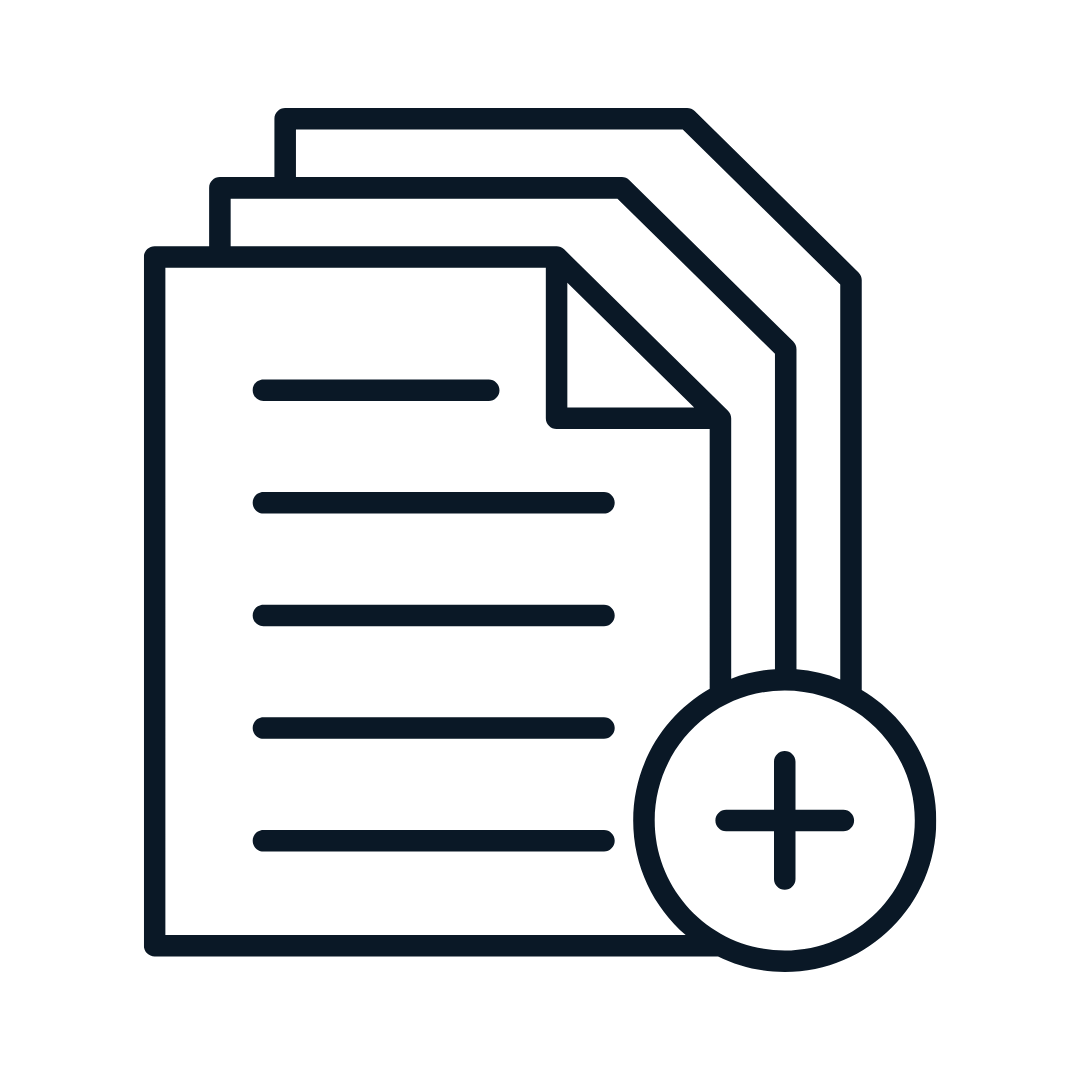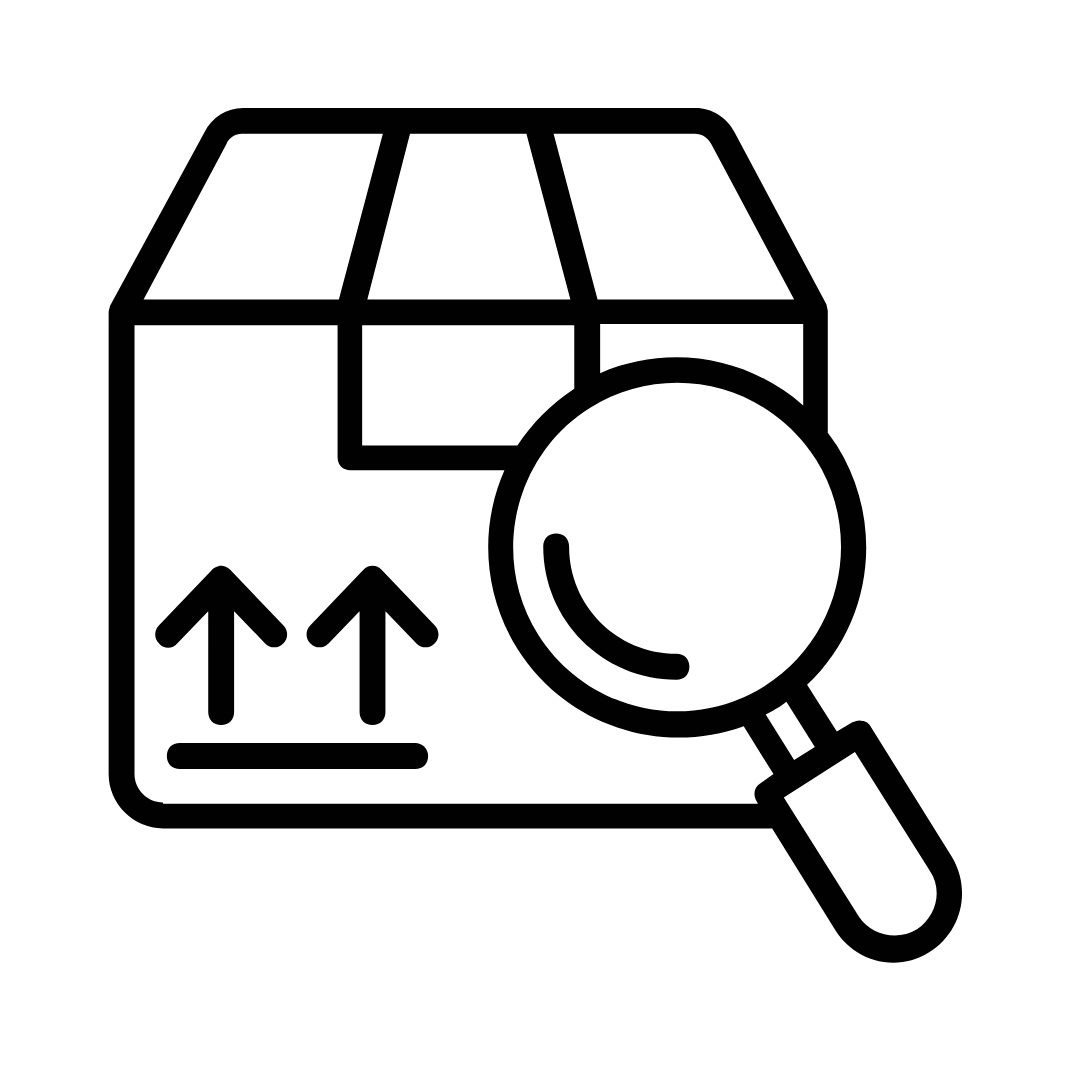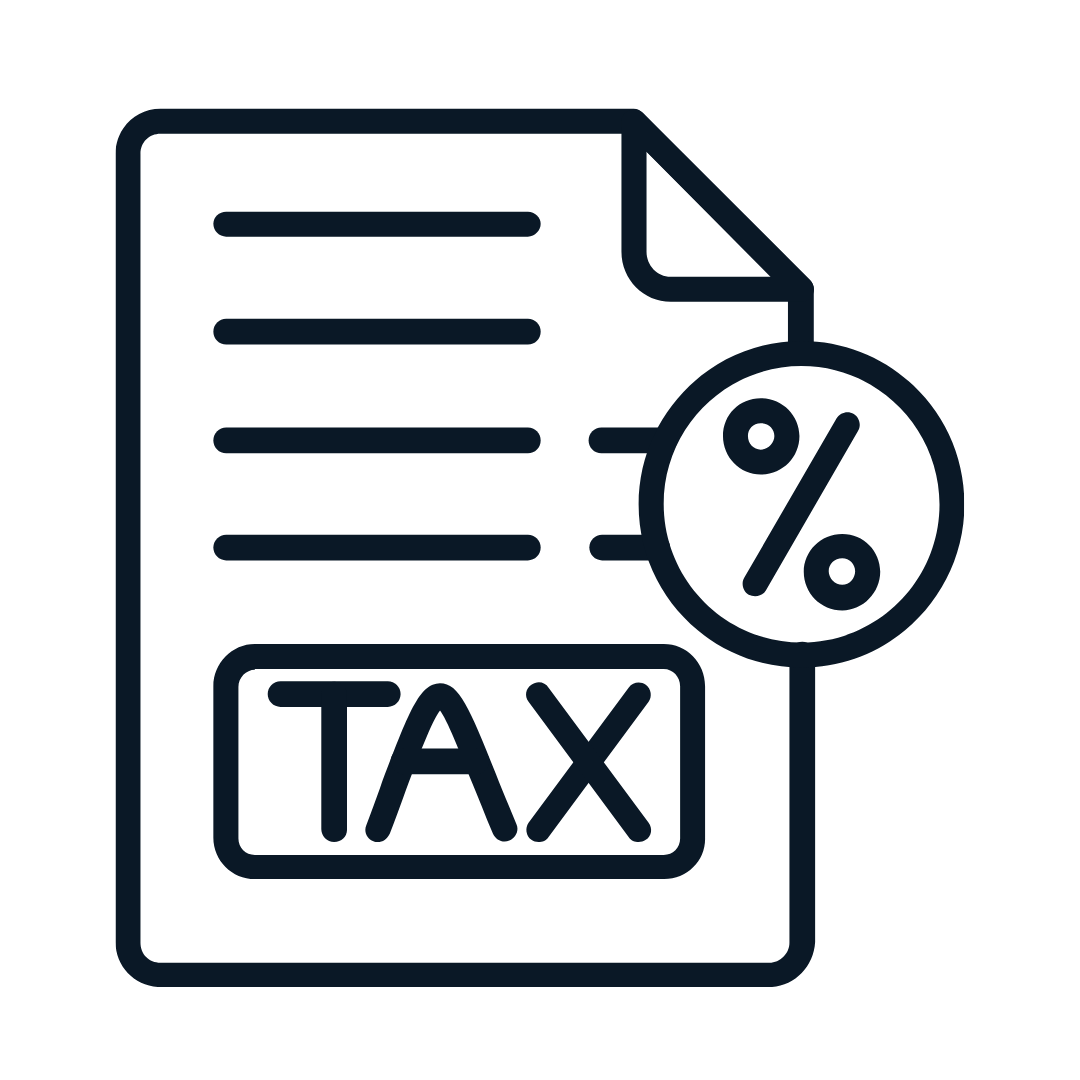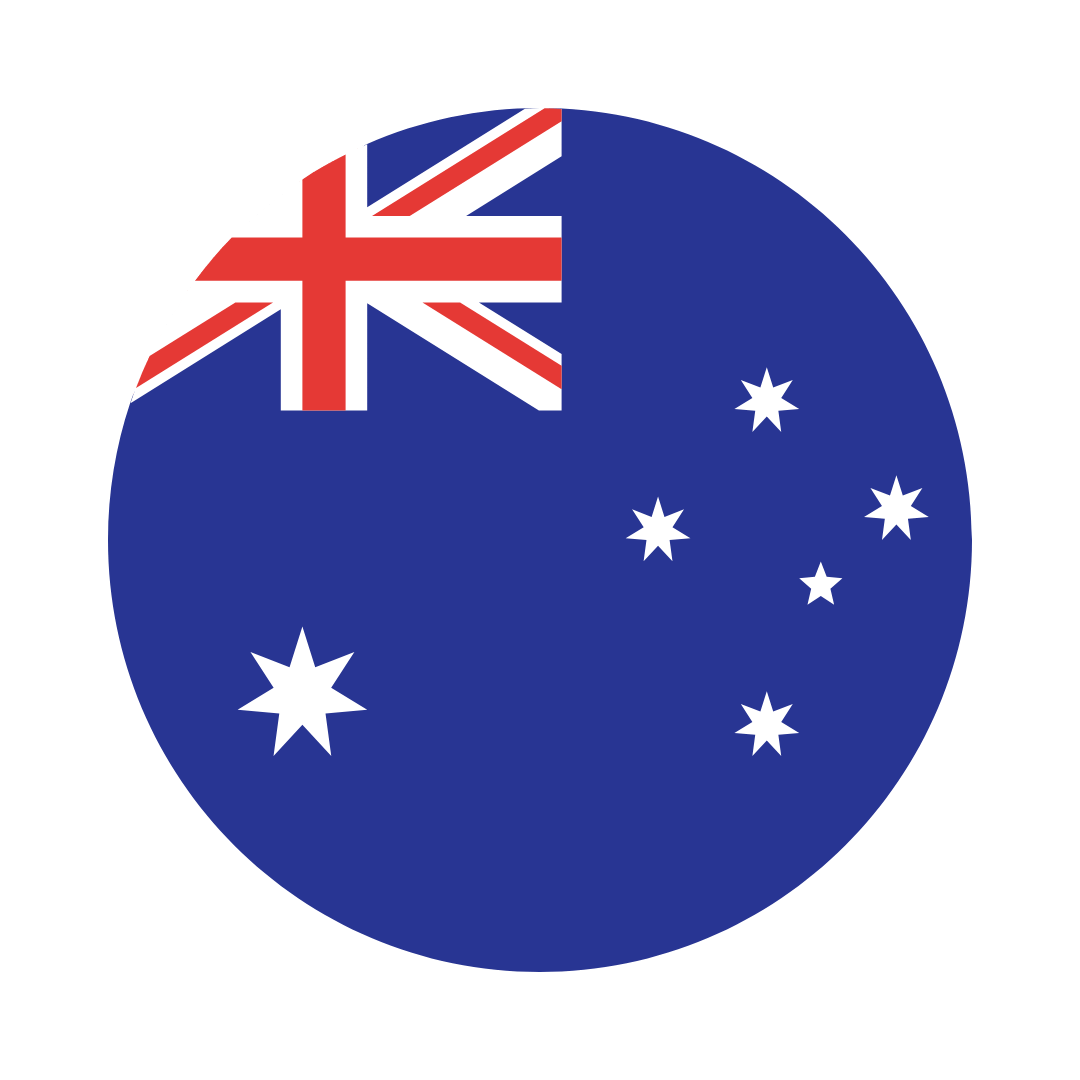When diving into international shipping, the intricate jargon of the import process can be daunting. Terms like “demurrage,” “HS Codes,” and “customs broker” often confuse shippers who just want to get their goods safely from one country to another. So, what exactly is a customs broker, and why should tech companies know more about them?
Let’s delve into the definition of customs brokers, their key responsibilities, the various terms used internationally, and how they differ from importers of record and freight forwarders.
What is a Customs Broker?
A customs broker is a licensed professional who helps shippers comply with customs regulations and laws. They serve as intermediaries between businesses and government authorities, ensuring that shipments clear customs without delays.
What is a Customs Broker Responsible For?

Documentation Preparation
Customs brokers prepare various documents necessary for customs clearance. This includes:
- Customs declarations: Outlining the details of the shipment.
- Commercial invoices: Detailing the transaction between buyer and seller.
- Packing lists: Providing a detailed list of items in the shipment.

Classification of Goods
Proper classification is critical. Customs brokers use the Harmonized Tariff Schedule (HTS) to classify goods. This classification affects:
- Duties and Taxes: Incorrect classification can lead to penalties and overpayment of taxes.

Payment of Duties and Taxes
Depending on the incoterm, customs brokers can facilitate the payment of customs duties and taxes, ensuring that all fees are paid on time to prevent shipment delays.

Regulatory Compliance
They keep updated on changing laws and regulations in both the exporting and importing countries. This helps prevent compliance issues that could result in fines or seizures. However, unlike an IOR, a customs broker is not legally responsible for the shipments and will not take on the responsibility of import compliance.

Communication with Customs Authorities
Customs brokers serve as the primary point of contact with customs officials. They handle any inquiries, disputes, or issues that arise, streamlining the process for their clients.
Customs Broker vs. Importer of Record vs. Freight Forwarder
While customs brokers, Importers of Record (IORs), and freight forwarders all contribute to international shipping, their roles are distinct
Customs Broker
Primary Role: Handles customs clearance and compliance.
Expertise: Focuses on regulations and documentation.
Importer of Record
Primary Role: Legally responsible for the importation of goods and handles customs clearance and compliance.
Duties: Ensures all applicable duties and taxes are paid and complies with local regulations.
Accountability: The IOR bears the full legal responsibilities associated with the importation process.
Freight Forwarder
Primary Role: Manages logistics and transportation of goods.
Services: Organizes shipping routes, negotiates freight charges, and handles storage if needed.
Overlap: Freight forwarders may also provide customs brokerage services, but their primary focus is logistics.
Understanding these differences is crucial for businesses looking to streamline their international shipping processes.
Overall, the IOR plays a more extensive role in global trade, ensuring a smoother customs experience. As your trusted import specialist, they handle the complexities of importing and exporting your high-value goods – this includes everything from logistics, compliance, and liability cover – allowing you to focus on global expansion.
What Else Are Customs Brokers Called?
Customs brokers can be referred to by various titles depending on the country, reflecting regional terminology and regulatory practices. Understanding these terms not only enhances communication but also aids in selecting the right partner for your international shipping needs. Here’s a closer look at the different titles used across the globe:

United States: Customs Broker
In the U.S., customs brokers are licensed by the U.S. Customs and Border Protection (CBP). They play a crucial role in facilitating imports and exports, ensuring compliance with U.S. laws and regulations.

United Kingdom: Customs Agent
In the UK, customs agents provide similar services as customs brokers. They assist businesses with customs declarations and compliance, especially in light of post-Brexit regulatory changes.

Canada: Customs Broker
Canadian customs brokers are licensed and must adhere to the Canada Border Services Agency (CBSA) regulations. They help navigate Canada’s customs process, which is essential for businesses importing or exporting goods.

Australia: Customs Broker or Customs Agent
In Australia, the terms are often interchangeable. Customs brokers assist with the importation process, ensuring that goods meet Australian customs requirements and that all duties are paid.

European Union: Customs Representative
In EU member states, customs representatives facilitate customs clearance processes. The term can encompass various roles, including both customs brokers and agents, depending on the country and specific responsibilities.

India: Customs House Agent (CHA)
In India, customs brokers are commonly known as Customs House Agents. They play a vital role in managing the import/export process, ensuring compliance with the complex regulatory framework.

Brazil: Despachante Aduaneiro
In Brazil, customs brokers are referred to as “Despachante Aduaneiro.” They navigate Brazil’s intricate customs regulations and are crucial for effective international trade operations.
Knowledge Tip: Importance of Knowing These Titles
As businesses expand globally, understanding these nuances will not only streamline operations but also enhance relationships with customs partners, ensuring compliance and facilitating smooth transactions.
Why You Need a Customs Broker for International Shipping
Navigating international trade compliance can be challenging. Here are some examples of why you may need a customs broker:
Duty Payments
A customs broker can help you accurately calculate and pay duties, preventing unexpected costs.
Accelerated Clearance
With their expertise, customs brokers can often facilitate faster clearance through customs.
NB! It is important to note that an IOR can handle these challenges and more. These import specialists will assume legal responsibility for shipments and ensure full compliance with import regulations, providing peace of mind regarding liability.
Expedite Customs Clearance with TecEx
Understanding what a customs broker does and how they can benefit your international shipping process is crucial for any business engaged in global trade. In addition to understanding what is a customs broker, opting to partner with an IOR specializing in dual-use tech imports can expedite your customs clearance.
As import compliance specialists, we coordinate various aspects of the import process, leading to a more streamlined operation. Our expertise and flexibility in adapting to regulatory changes help mitigate risks and avoid delays.
Our goal is to make your international shipping as smooth and efficient as possible.
For expert guidance and seamless customs clearance, partner with us today.
FAQs About Customs Brokers
Do I need a customs broker for every shipment?
While it’s not legally required, having a customs broker or even better an IOR can streamline the process and minimize risks.
How much does a customs broker cost?
Fees can vary based on the complexity of the shipment and the services provided. It’s essential to discuss fees upfront.
Can I be my own customs broker?
Yes, but it requires extensive knowledge of customs regulations and can be time-consuming.
How do I choose a customs broker?
Look for experience, a good reputation, and familiarity with the specific regulations related to your products.
What documents do I need to provide to my customs broker?
Common documents include invoices, packing lists, shipping labels, and any permits or licenses required for your products.


